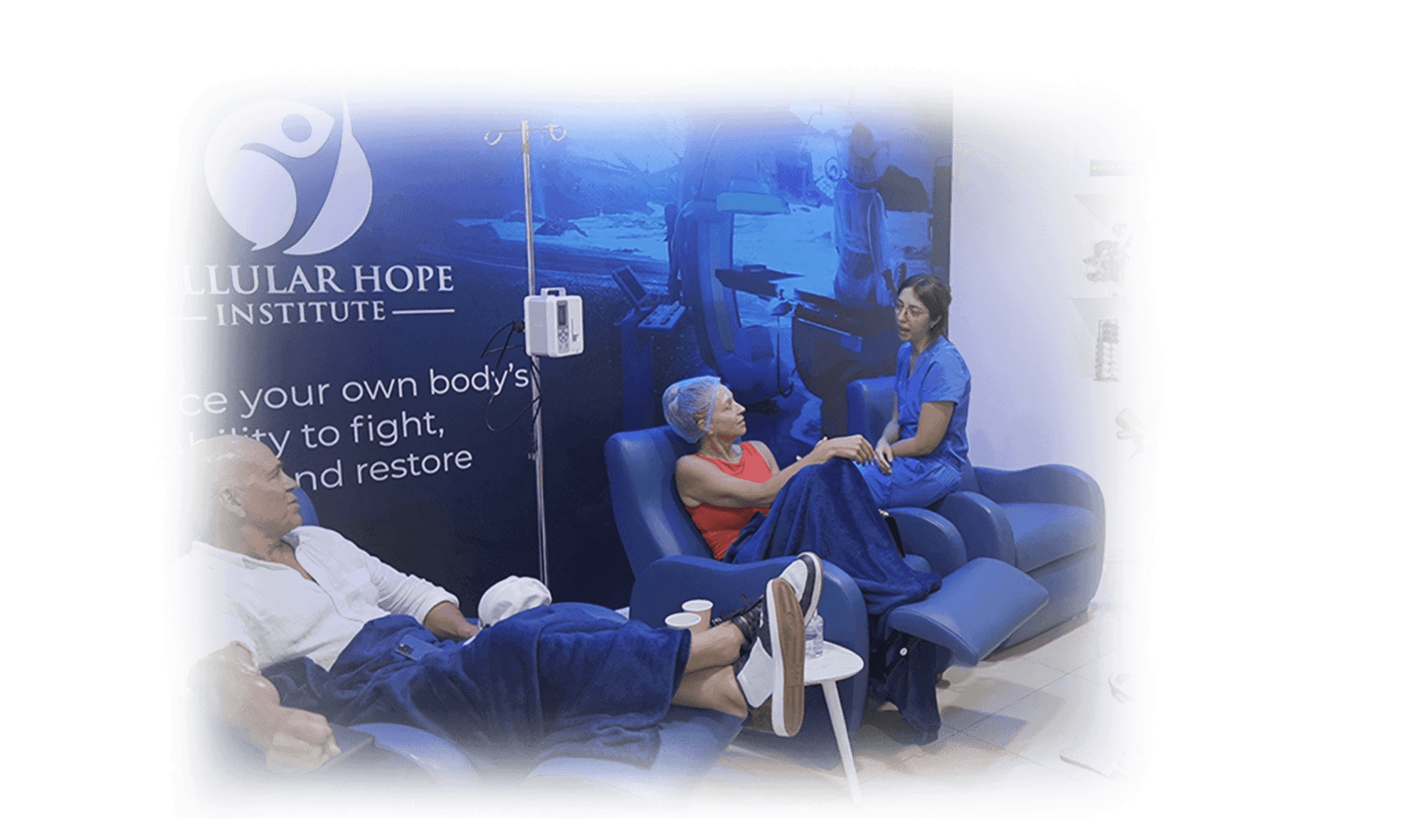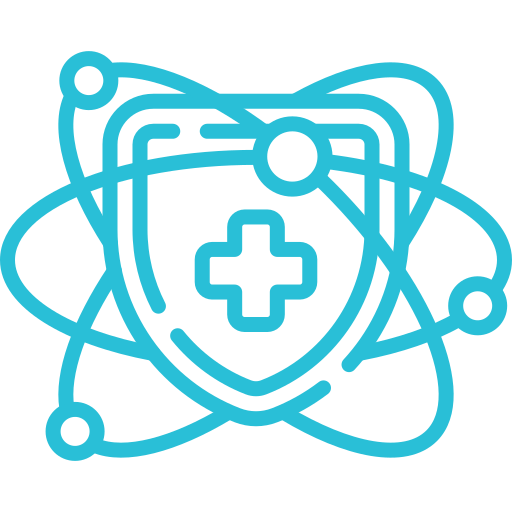NOURISH YOUR CELLS
Empower your Physical, Mental & Cellular Wellbeing with IV vitamin therapy. At The Cellular Hope Institute, we hold the conviction that true health and wellness originates from within our cells. Embracing a healthy lifestyle surpasses mere self-care; it becomes a way of life. Our unwavering commitment revolves around enhancing the health and happiness of our clients, achieved through the application of IV stem cell treatments and therapies.
Exosomes IV therapy allows for direct and rapid delivery of essential nutrients, vitamins, and minerals into the bloodstream, ensuring maximum absorption and immediate effects.
IV therapy allows for direct and rapid delivery of essential nutrients, vitamins, and minerals into the bloodstream, ensuring maximum absorption and immediate effects.

Experience our Individually-Center approach for deep regeneration and wellbeing through our leading-edge IV stem cell therapies
While healthy eating and oral supplements are generally beneficial for maintaining good health and promoting an anti-aging lifestyle, they may not always be sufficient. There are several factors that can hinder proper absorption of vitamins taken orally, which is where a stem cell IV infusion can be particularly helpful. Firstly, certain vitamins require cofactors to be effectively absorbed from the gut, and some also rely on a healthy balance of bacteria in the colon and intestine for optimal absorption. Moreover, when ingested orally, vitamins pass through the liver before reaching the target cells, which can create barriers to their absorption.
The situation can be further complicated by the use of prescription drugs and antibiotics, which may interfere with the digestive process and make it harder for the body to break down and absorb micronutrients. Proton pump inhibitors, for instance, can disrupt stomach acid levels and affect both digestion and bacterial health in the colon.
Chronic malabsorption syndromes have been observed in a significant portion of Western cultures, often caused by highly processed and inflammatory foods. Symptoms like bloating, heartburn, and irregular bowel movements can indicate underlying malabsorption issues. Paradoxically, this malabsorption impairs the healing of the stomach and intestines, leading to a cycle of micronutrient deficiency and unhealthy cell production. These cycles can persist for extended periods, potentially triggering various medical conditions, including chronic fatigue, fibromyalgia, heart disease, cancer, and cognitive impairment.
In conclusion, while oral supplements and healthy eating play vital roles in maintaining health, it’s crucial to address barriers to proper vitamin absorption, especially for those experiencing chronic malabsorption issues. A proper IV stem cell treatment is a highly effective way to achieve that.
IV vitamin therapy, also known as a stem cell IV drip or an exosome IV therapy, is sought after by clients for various reasons. Vitamin insufficiency can lead to a range of symptoms that affect quality of life, such as mood issues, anxiety, fatigue, muscle aches, neuropathy, and brain fog. These symptoms often overlap with other diagnosed conditions, and due to limited nutritional training among many doctors, the root cause might be overlooked.
Essential vitamins are crucial for survival, including 4 fat-soluble vitamins (D, E, K, and A) that can be stored in the body, and 9 water-soluble vitamins, including 8 B vitamins and vitamin C.
The Recommended Daily Allowances (RDAs) were established about four decades ago, representing the minimum amounts required to avoid disease. However, higher doses of vitamins may offer additional benefits. IV therapy provides an effective way to administer high doses of vitamins directly to cells, especially beneficial for individuals with conditions that hinder vitamin absorption, such as irritable bowel, leaky gut, and the use of antacids, antibiotics, and proton pump inhibitors.
Clients at the Cellular Hope Institute have chosen IV vitamin support to address various conditions, including the common cold, headaches, fibromyalgia, and others mentioned earlier. Additionally, some individuals without any specific conditions use stem cell IV infusions as part of their health maintenance routine.
Water-soluble vitamins are beneficial because they are difficult to overdose on, and they don’t cause harm as the body can excrete excess amounts. However, their water solubility doesn’t mean their effects on cells and overall health are short-lived. When high-dose water-soluble vitamins are infused through the vein, the cells are exposed to elevated vitamin levels in the bloodstream. This creates an osmotic gradient that facilitates the transport of micronutrients into the cells, where they play a crucial role in cellular restoration.
As cells have varying lifespans, from a few days to several months or even years, intermittent infusion of high-dose water-soluble vitamins can have a lasting impact. In cases of malabsorption issues, intravenous administration may be the only way to break a negative cycle of unhealthy cell reproduction. Once healthy cell reproduction patterns are established, maintaining them becomes easier. Consequently, intravenous administration of high-dose water-soluble vitamins can have durable and restorative effects at the cellular level. Get in touch with us to learn more about our IV stem cell treatments.
The entire stem cell IV drip procedure will require approximately 30 to 45 minutes to finish. Before starting the infusion, you will need to fill out a couple of forms and undergo a brief medical evaluation.
The frequency of IV stem cell treatments is personalized for each patient, taking into account their specific requirements. For preventive health and wellness, we suggest receiving two IV drips per month to address and balance any existing vitamin deficiencies.
Years of Service
Assisted Patients
Years of Service
Assisted Patients
Contact Us to discuss your treatment at Cellular Hope Institute
Contact Us to discuss your treatment at Cellular Hope Institute
FAQ
IV stem cell therapy may offer benefits such as reduced inflammation, enhanced tissue regeneration, and immune system modulation. It’s commonly pursued for conditions like autoimmune diseases, neurodegenerative disorders, and systemic inflammation. Patients may experience improvements in symptoms and overall quality of life. However, outcomes vary widely depending on the individual’s condition and the specific stem cell protocol used.
The safety of IV stem cell therapy varies based on the source and type of stem cells used, as well as the patient’s overall health. Common risks include immune reactions, infection, and potential for inappropriate tissue growth. Regulatory oversight is crucial to ensure safety, but practices differ internationally. Therefore, it’s important to seek treatments at accredited and reputable medical facilities.
The dosage of stem cells for IV therapy is determined based on factors such as the patient’s age, weight, overall health, and the specific condition being treated. Medical professionals also consider the type of stem cells used and the desired therapeutic outcomes. Dosages are often customized to maximize safety and efficacy, following guidelines from clinical research and trials.
The number of IV stem cell treatment sessions typically required varies based on the condition being treated, the type of stem cells used, and the patient’s response to therapy. Generally, treatments may range from a single session to multiple sessions spread over weeks or months. Clinicians tailor the regimen to individual needs, often adjusting based on therapeutic response and ongoing evaluation.




